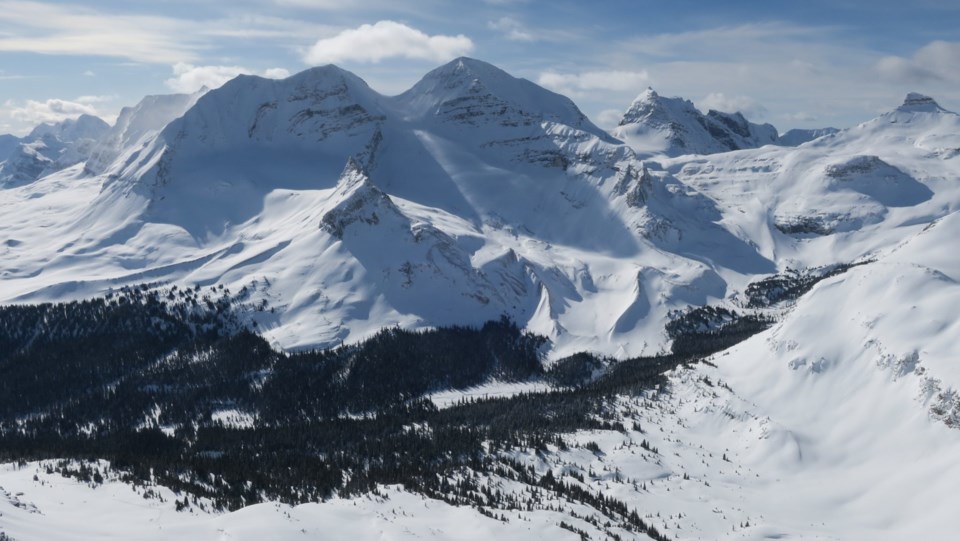BOW VALLEY – An increase in cancellations and closures amid COVID-19 coronavirus has prompted the national avalanche forecaster to send notice about its own data.
Due to the recent outbreak of the virus and the closure of most backcountry and ski operations, Avalanche Canada said its avalanche forecasting data has been affected and may not be as reliable as it was.
The agency recommended those considering backcountry adventures keep in mind that resources and staff that contribute data to its modelling are low at this point.
“On a daily basis, we have 15,000 data points that are uploaded that includes ski resorts, heli-skiing, cat-skiing, backcountry lodges, etc.,” said Jilles Valade, the executive director of Avalanche Canada.
“Pretty well anybody that’s got anything to do with snow and avalanche terrain systems … for us to produce the forecast for all our territories is because we have access to that information.”
In terms of whether people should be going into the backcountry or avalanche terrain, Valade said it’s probably not a good idea at the moment. In addition to a lack of confident forecasting, he said more than a few things are at play in this entire situation, including a possible lack of resources for rescues.
“The other big picture here is we go in the backcountry, whether its backcountry skiing or other adventure sports, and something happens, we’re taxing emergency services that are probably already maxed out,” he said.
“That could mean impacting smaller communities where they don’t necessarily have the full capacity to handle COVID-19 on top of people getting hurt in avalanches.”
Parks Mountain Safety posted a message on social media Tuesday (March 17) that shared those same concerns and called on backcountry users to restrain their activities.
Valade said as COVID-19 coronavirus spreads, the country is seeing an early end of season for skiing and backcountry adventures, meaning some of that data is no longer being relayed to forecasters.
“The reduced information is making so our forecasts, we have less confidence in them,” he said.
“[Without the information] it’s hard for us to make a good forecast.”
In a press release Tuesday, Avalanche Canada said in the meantime, the Mountain Information Network (MIN) is of utmost importance.
“Our Mountain Information Network (MIN) is going to become even more important than usual. We are actively encouraging all backcountry users to submit their observations,” the release said.
“Even the most basic data will be helpful, so please consider posting to the MIN. We are also encouraging avalanche professionals to keep providing whatever data they have.”
The release also said all outreach events scheduled have been cancelled.
“We have also reduced our field operations and our employees have been given the option to work from home," stated the release.
"The health and safety of our staff is greatly important to us. We will continue to take guidance from the appropriate health advisory organizations as this situation evolves.”
Email [email protected] for more information or on how to access MIN.








